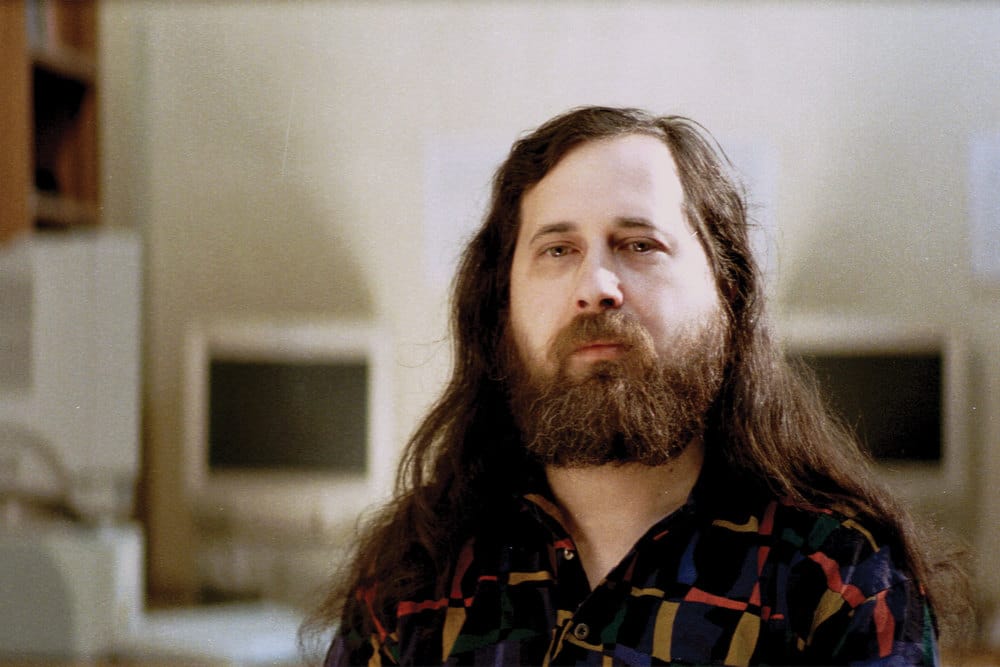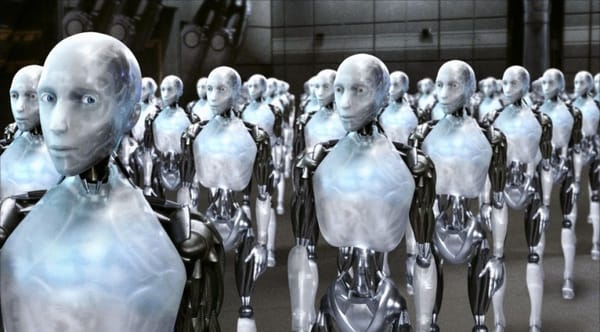Free vs. open source: why you should care
Sanchit Sharma on why ‘Free’ is more than you expect

I recently had the opportunity to attend a talk by Richard Stallman, founder of the Free Software Foundation, and a strong Free software advocate. He spoke on Free software, and the rights of us all as users of software, and in the process he brought something to my attention.
A term is being increasingly used in the media, one which is taken by most to have a positive connotation. I’m sure you’ve all heard it before – ‘Open Source’. Open Source means simply that the code is available for anyone to view if they so wish, and then compile themselves if they don’t want to use the package normally provided to them. Whilst this is indeed a good thing, it is often taken by the media to mean much more than it actually is.
What the media often imply it means is ‘Free’, used in a context more akin to ‘freedom’, a concept coined by Richard Stallman in the 80s. A commonly quoted description is “Free as in speech, not free as in beer”, and to this extent, it is sometimes instead called “Libre” (for example, the free office suite LibreOffice) to try and avoid the confusion. It is on this that Stallman spoke.
Making the choice
Free software has an altogether different meaning, and is much more about morality than open source is. There are four freedoms listed by the Free Software Foundation as fundamental to free software.
Free software often (nearly always) overlaps with Open Source but the two are not the same thing, and this is something that, in my experience, few people realise. In short, Free software was created due to moral reasoning, it’s about people having power over their own computing and being able to decide how to use their own computers, whereas Open Source is the development technique that came from this. Open Source software (like Chromium, amongst others) is not necessarily free software, as free software insists on the four fundamental freedoms listed above and Open Source proponents don’t always agree with these freedoms. However, all free software (such as the GIMP) is by definition also open source, as this is necessary for freedom.
Why it matters
So why should you care about this? There are numerous reasons to avoid any non-free (proprietary) software (including backdoors allowing the writer to control your computer, large and unwieldy programs using more memory, and of course, more bugs, to name just a few), but in practice completely avoiding proprietary software is impossible.
There are two main reasons that it’s important for you to know the difference, and why it’s important to care.
Firstly, individuals should be aware not only of the dangers of trusting proprietary software, but also of the fact that Open Source software does not always remove these dangers to the same extent that Free software does.
Secondly, there has been a thought process prevalent in software companies over the past few years. “If it fails, open source it and claim that you’re giving back to the community”, trying to gain good rep by ‘giving’ their failed projects to the community. Many people fall for this, believing that Open Source is inherently a good thing, but this is simply not the case. In actual fact, these programs are often given very restrictive licenses, and/or rely on the community to clean it up so that it can become a useful program. Free software licences force companies who donate software to the community to actually give the software up when they donate it, thus allowing it to truly become community owned.
So, in short, Free software conforms to the four fundamental freedoms, but Open Source simply conforms to freedom 1. Free software gives you, the user, freedom, but Open Source does not.
Free software everyday?
How much should this matter to you? Finding truly Free software, for a variety of reasons, is a lot more difficult than you would hope, so it might not be wise to depend on it. Yet if you get the chance, supporting and using Free software is definitely the way to go.









